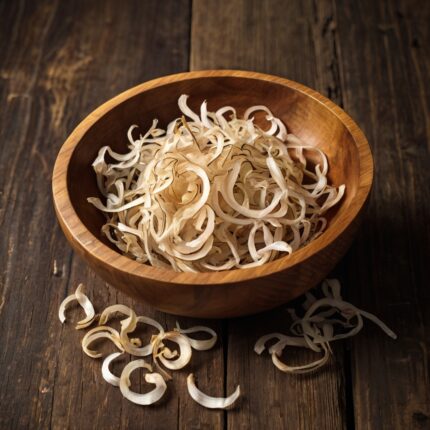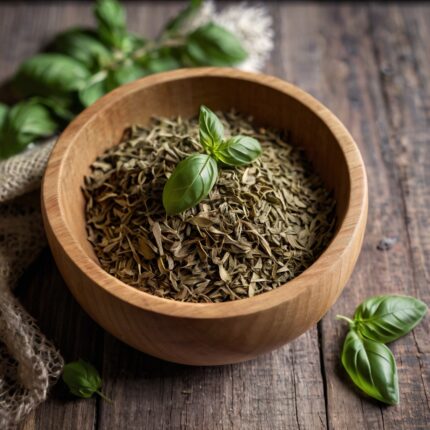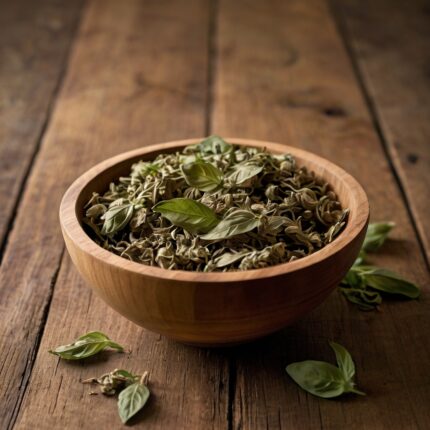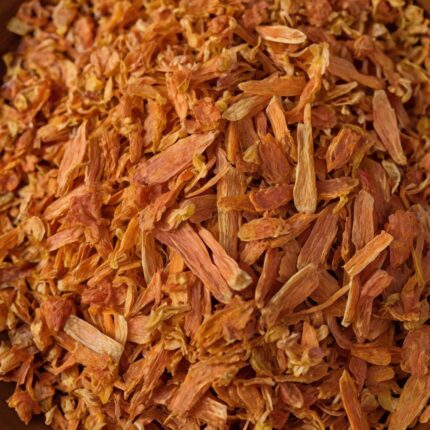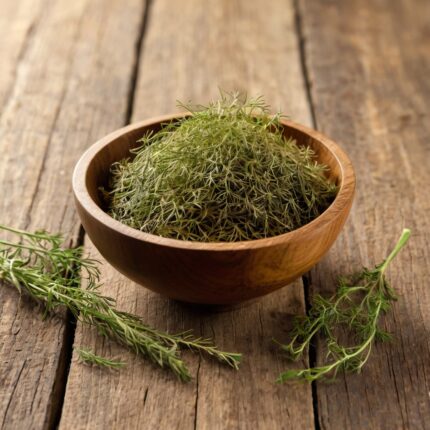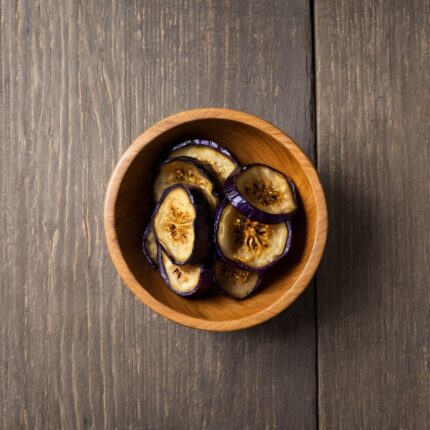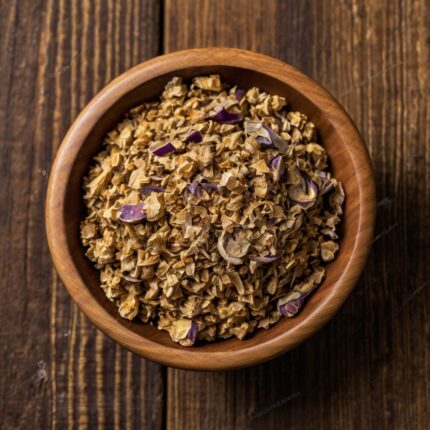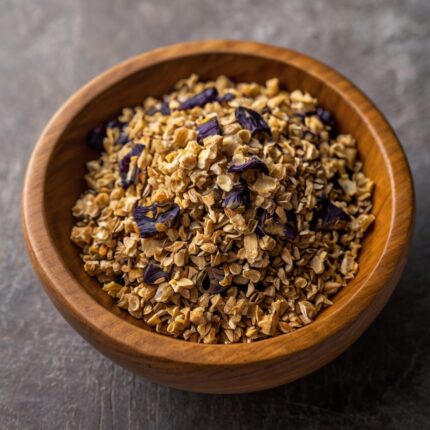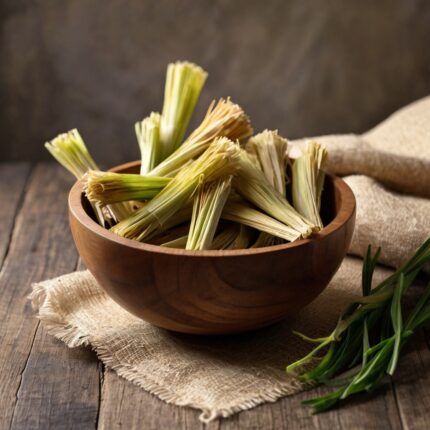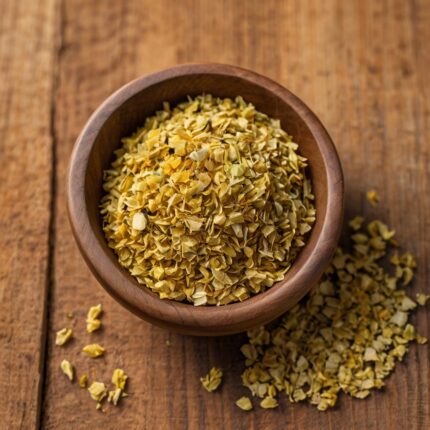Dried okra is a versatile and nutritious substance that is often used in cooking or as a snack. This product is made by drying fresh okra, which preserves its nutrients and extends its shelf life. Below is the information you need to know:
Uses:
-
Cooking:
- Rehydration: Soak dried okra in water for use in soups, stews, or curries.
- Thickening agent: Due to its natural mucilage, it can be used as a thickening agent.
-
Snacks:
- Dried okra chips: Crispy dried okra chips are a healthy alternative to potato chips.
Nutritional Benefits:
- Rich in dietary fiber, vitamins (A, C, K), and minerals (calcium, magnesium, potassium).
- Low in calories, making it an excellent option for weight management.
Storage:
- Store dried okra in an airtight container in a cool, dry place. Proper storage can preserve its quality for months.
Dried okra as a raw material:
Dried okra can be used in various ways as a raw material, especially in culinary and industrial applications.
-
Food Industry:
- Culinary Uses: Dried okra can be rehydrated and used in soups, stews, curries, and gumbos. It can also be ground into a powder and used as a thickening agent in foods.
- Snacks: It can be fried or roasted to create a crispy and healthy snack, often seasoned with various spices.
- Okra Flour: Dried okra can be ground into flour for use in gluten-free baking or as a thickening agent for sauces and soups.
-
Cosmetic and Pharmaceutical Uses:
- Okra Extract: The mucilage in okra is known for its moisturizing properties and can be extracted for use in cosmetic products such as lotions and skin creams.
- Health Supplements: Dried okra can be converted into health supplements due to its nutritional value, such as fiber, vitamins, and antioxidants.
-
Animal Feed:
- Dried okra can be used in animal feed as a high-fiber supplement, particularly for livestock and poultry.
-
Industrial Applications:
- Biodegradable Packaging: Research is being conducted on using okra mucilage to develop biodegradable packaging materials.
- Natural Fibers: The fibrous structure of okra pods can be processed to produce textiles or biodegradable ropes.
| Nutritional | Values | per 100 Grams of Dried Okra:
| Calories: | ~350-400 kcal |
| Protein: | 11.8 g |
| fat | 0.5g |
| Carbohydrates | 80 g |
| Fiber | 15g |
| sugar | 3g |
| vitam,in A | 450 |
| vitaminC | 6 |
| Calcium | 230 |
| iron | 5.3 |
| Magnesium | 150 |
| Potassium | 1,200 |







